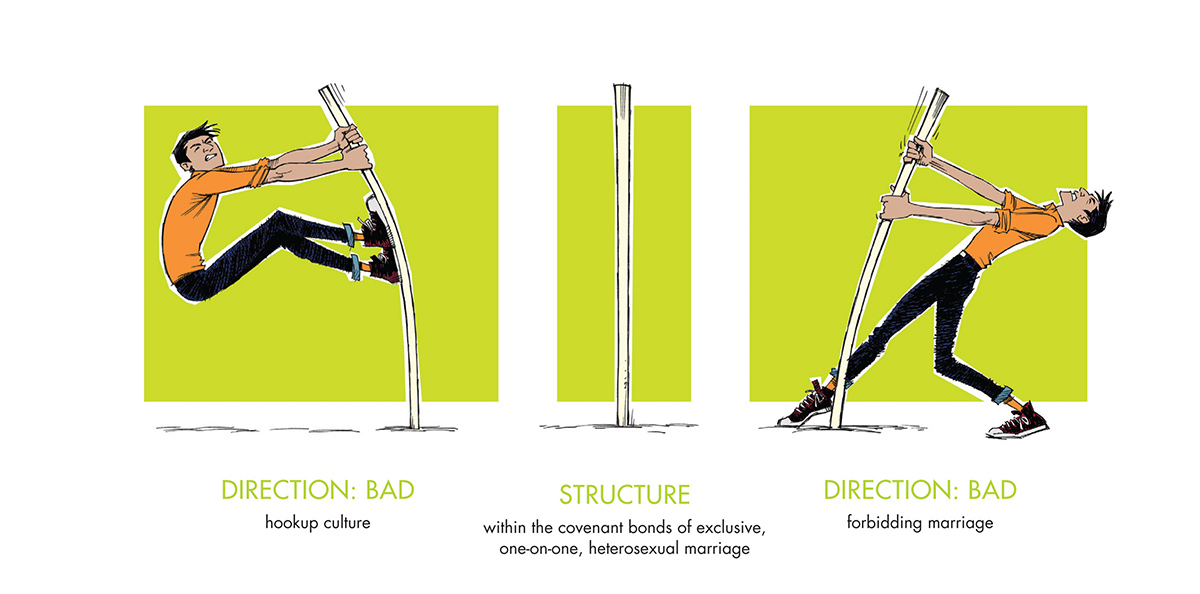
Thinking back to when I chose a curriculum for homeschooling language arts from a biblical worldview, I remember what I wanted my three young sons to learn most of all. Nothing was more important than them knowing the truth of the Bible—that God loves them, and that the greatest joy and purpose in life come from living in relationship with the God of the universe.
Of course teaching my boys these truths began way before the days of homeschooling. My husband and I began sharing a biblical worldview with our boys at home as we read our Bibles, prayed at bedtimes, explored the world God made, and celebrated holidays. Our church supported us as the kids learned in Sunday school, vacation Bible school, and worship. When the time came for the kids to begin school, my husband and I knew we wanted a homeschool curriculum that also supported our faith values. Since language is how humans learn all things, making sure our language arts curriculum was built on a biblical worldview was a priority.
Learn about language arts with a biblical worldview



 Redemptive Direction
Redemptive Direction